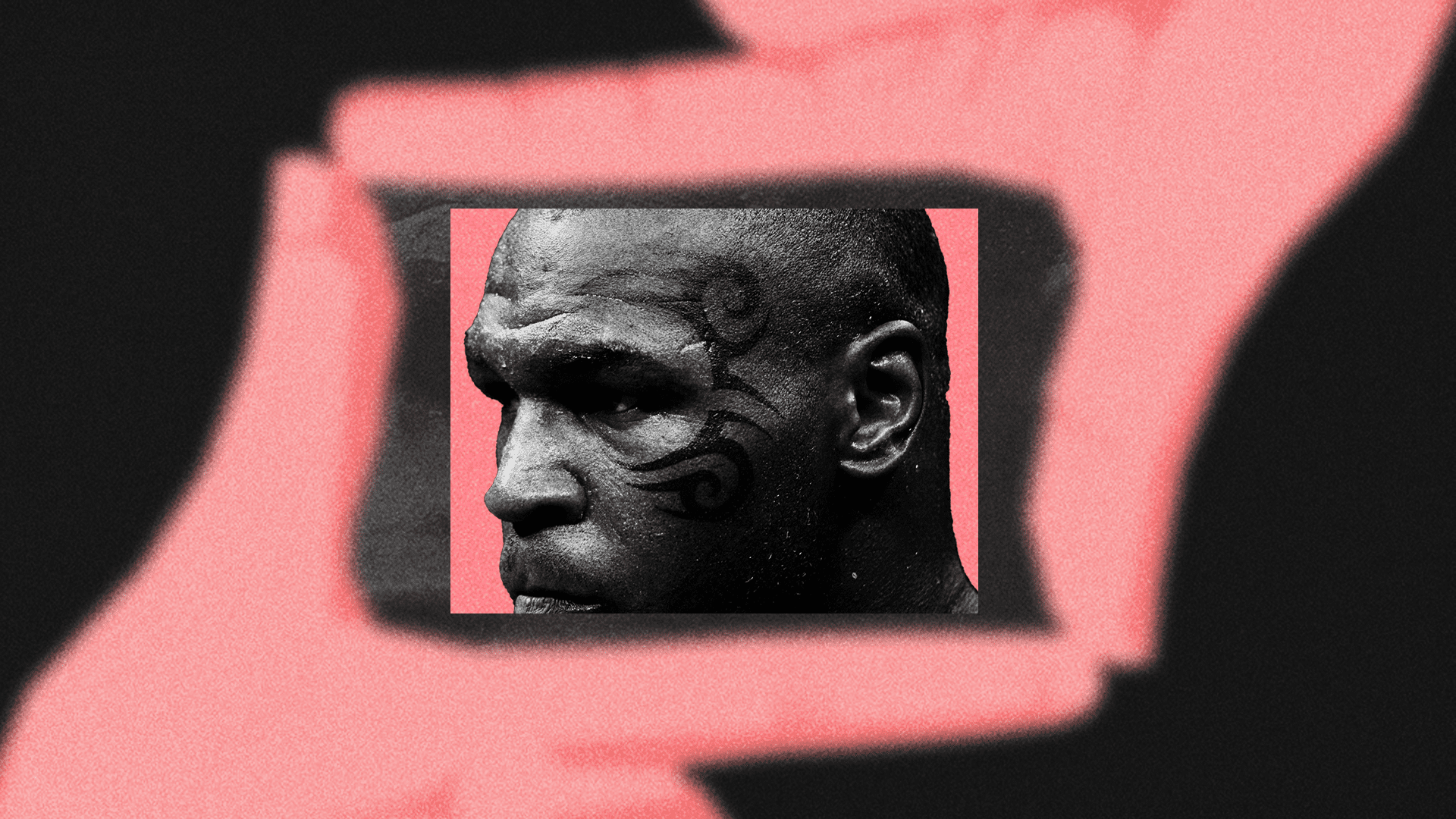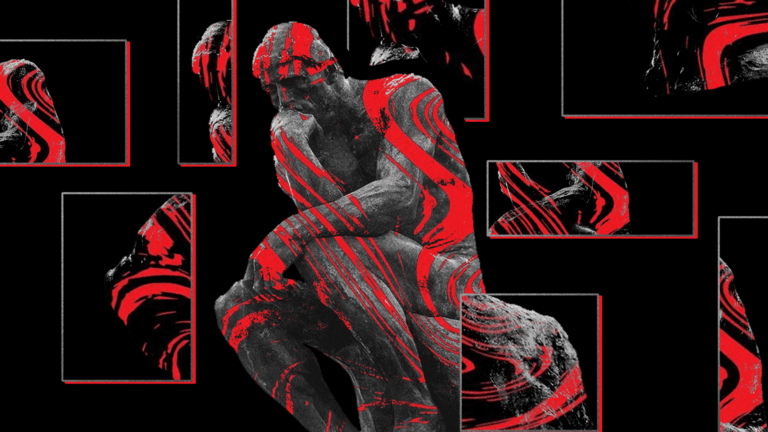“Achillethes”
That was Mike Tyson’s response when he was asked if he could fight anyone in history.
Achilles is the type of response that only a champion would have given. The hosts of the podcast were expecting the answer to be boxer, but this is extremely illustrative of the discrepancy between Mike’s frame and that of the hosts.
This same framing allowed Mike to become the youngest heavyweight champion and maintain a 3 year reign! (and becoming a legend in the process!)
So what is framing? And how can you use it to your advantage?
Framing is a cognitive bias where you (or someone else) fixes your mindset to a certain reference point. This point then guides your perception, and more importantly your decisions.
You’re typically unaware of these biases, but everyone has them, so learning about them makes you less susceptible.
Framing spans in almost every domain, and is seen in venture capital, private equity, and your own subjective experience. It’s a point of reference which your perspective hinges on.
VC and PE firms can use framing when raising capital from LPs. It’s fundamental to others seeing your vision.
Through framing, specific sectors, can be targeted to appeal to investors with particular interests
Additionally, funds are subject to the frames imposed onto them via their relationship with media and journalism. An investment done to maximize IRR could be unfairly framed as predatory if short-term profits are framed by the media to be a tradeoff to long-term sustainability. The same investment may be framed as fuelling innovation, highlighting the positive impact it can have on job creation and technological advancement.
There’s a LOT of nuance and complexity at play.
That’s why it’s crucial to be aware of framing and consider the potential motivations behind the way the information is presented.
So, how can you make informed decisions and avoid being manipulated by biased information?
Well, sorry– you can’t.. at least not fully.
By being mindful of framing and considering alternative perspectives and the “why” behind information presented, you may be able to help prevent a framing bias. Also, fixing your mindset to a certain point intentionally sets the standard to guide your decision making, regardless of those around you (just like Mike![]()
![]() ).
).
Nevertheless, the orbit of other people’s thinking may seep into through osmosis, so it’s important to be around those you like and trust.
Next time you come across information, pay attention to how it’s presented, look at it from a holistic lens.
In doing so, you can make sure your scope is wider than it otherwise would be.
Don’t let framing unknowingly shape the way you navigate within the world. Sign up for the newsletter if you don’t wanna be punched in the mouth!










